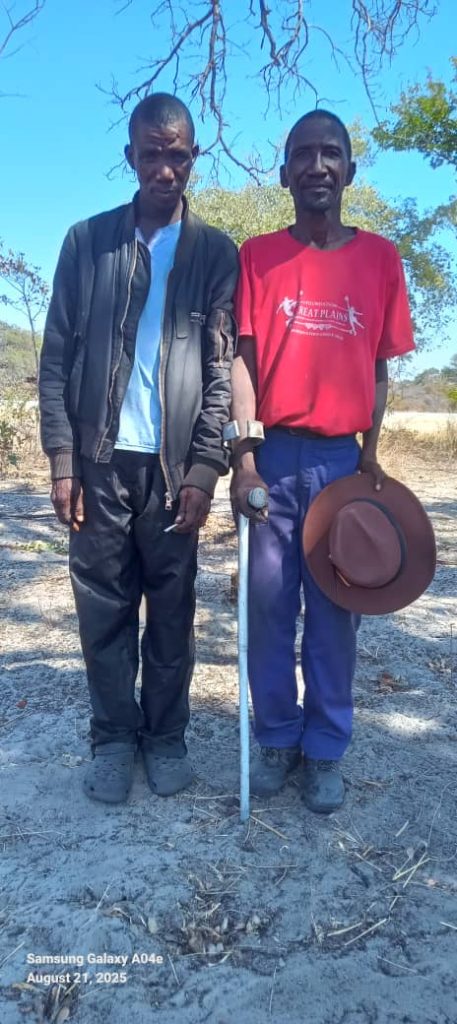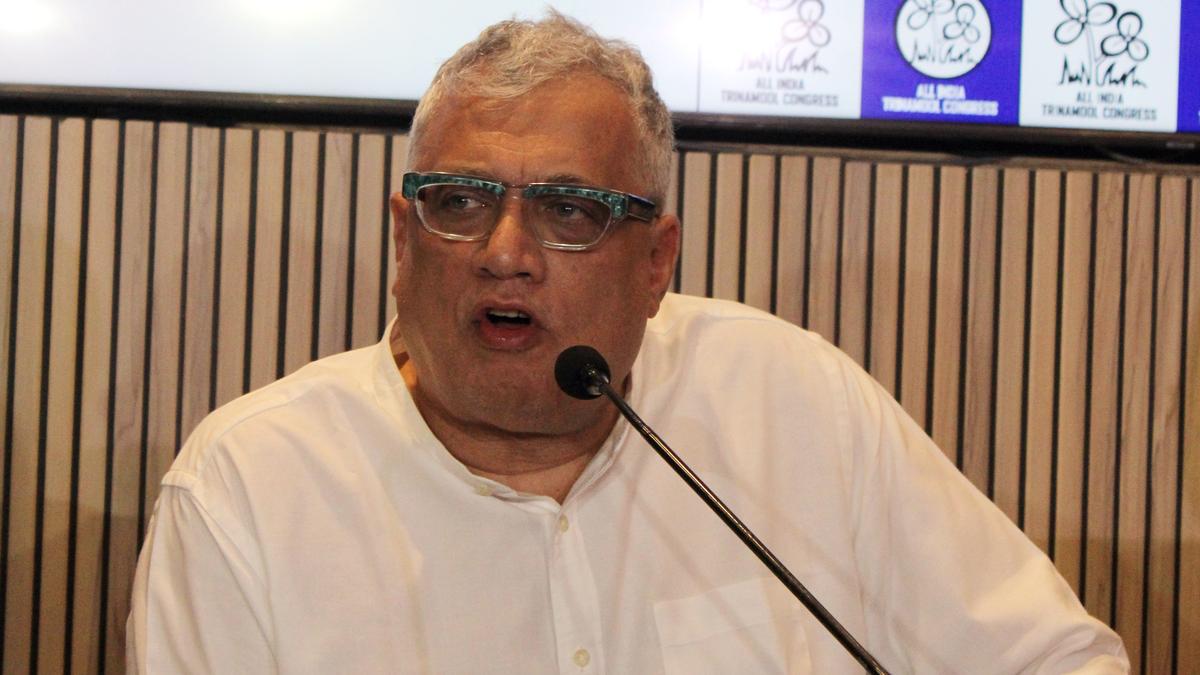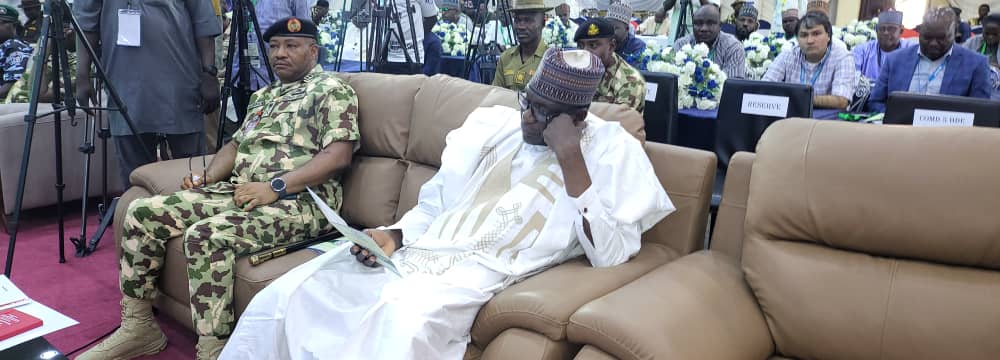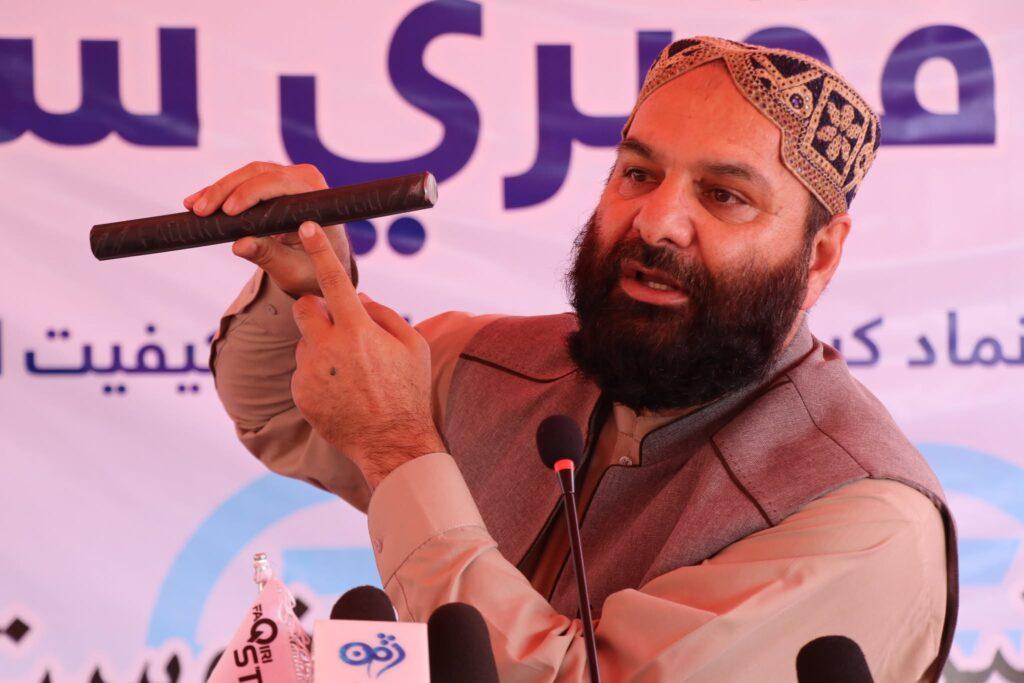By Mathew Palata
Copyright namibian

A grieving family from the Khwe community is calling on the government to account for the death of Smith Mukwasha (40), who was fatally shot during a cross-border incident in 2017.
The incident happened in Kongola constituency in the Zambezi region.
According to the relatives’ spokesperson, Dalton Mukwasha, Smith was killed on 10 March 2017, while searching for missing donkeys near the Angola–Namibia border.
The donkeys, given to the family through the prime minister’s office under a government programme to assist with ploughing, had strayed into Angola’s Omega 3 village.
Mukwasha recalls that on 9 March, three other people – Mafuta Berries, Jackson Diwandamo, and Maselelwa Tucho – went looking for the animals but could not find them.
“They saw the tracks heading north into Angola. The following day, Smith and two companions set out with two licensed shotguns to retrieve the animals,” Mukwasha says.
By late afternoon, the group located the donkeys and decided to spend the night before returning home.
“While gathering firewood for the evening, they were suddenly attacked. Shots were fired at them without warning,” Mukwasha adds, recounting the version of a surviving victim.
He further states that two men suffered serious leg injuries, and Smith was killed instantly from multiple gunshot wounds to the chest.
“Two of the donkeys were also shot dead at the scene,” he says.
The family alleges that the shooters were members of the Namibian Police, the Namibian Defence Force, and Ministry of Environment and Tourism, in a joint operation.
“He was unlawfully and intentionally killed by those meant to protect his life. A state case was initially opened by the Namibian Police but was later withdrawn by the Katima Magistrate’s Court due to lack of evidence,” Mukwasha says.
The Legal Assistance Centre reportedly followed up, taking statements from victims and family members, but the case has since gone dormant, he says.
He states that the silence is painful to the family.
“Our brother was the one who helped us at home. He went to look for the donkeys and never came back. We buried him without any help from the state,” Mukwasha says.
The family argues that the killing reflects broader discrimination against the Khwe people.
“It’s as if we are not regarded as humans. If the government will not compensate the family or help the men who are now living with disabilities, then it seems this is the will of the state,” he notes.
The family is demanding a full investigation, accountability for the alleged perpetrators, and compensation for the loss and injuries.
“How can you shoot someone unlawfully, and nothing is done? Is the law only for some people?” he asks.



